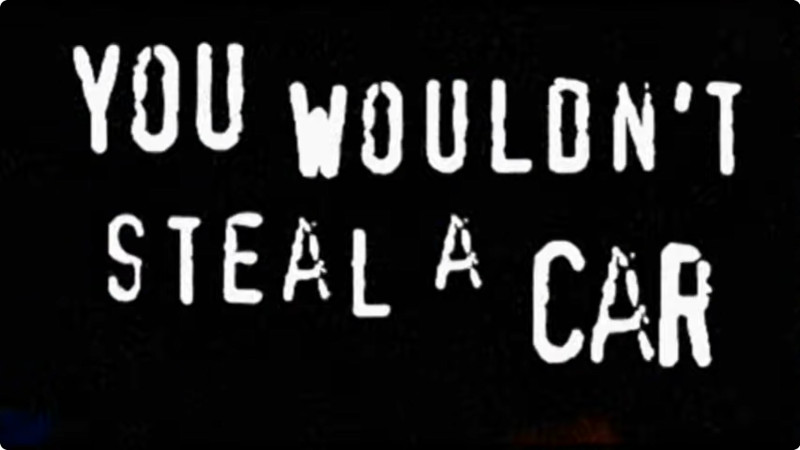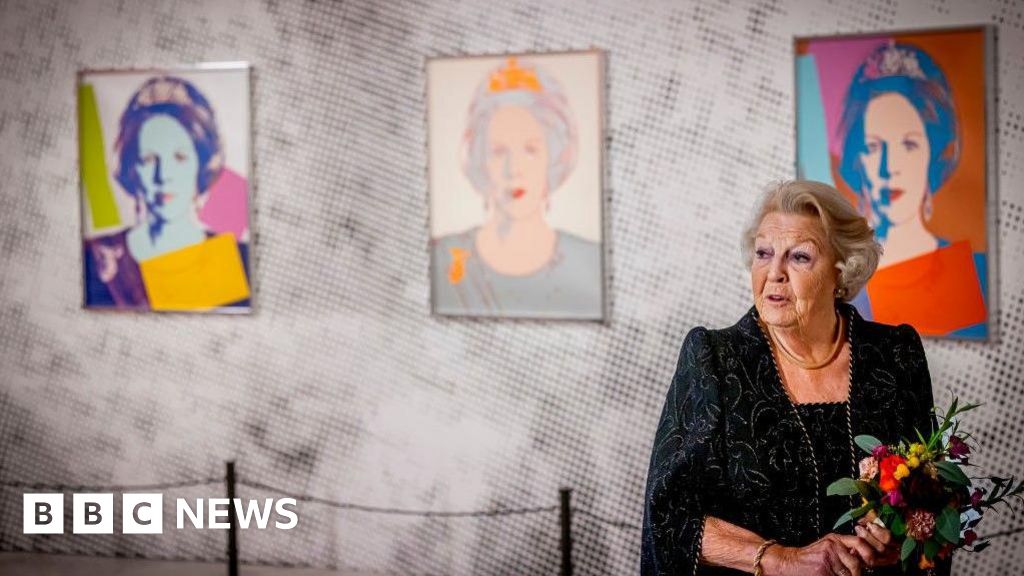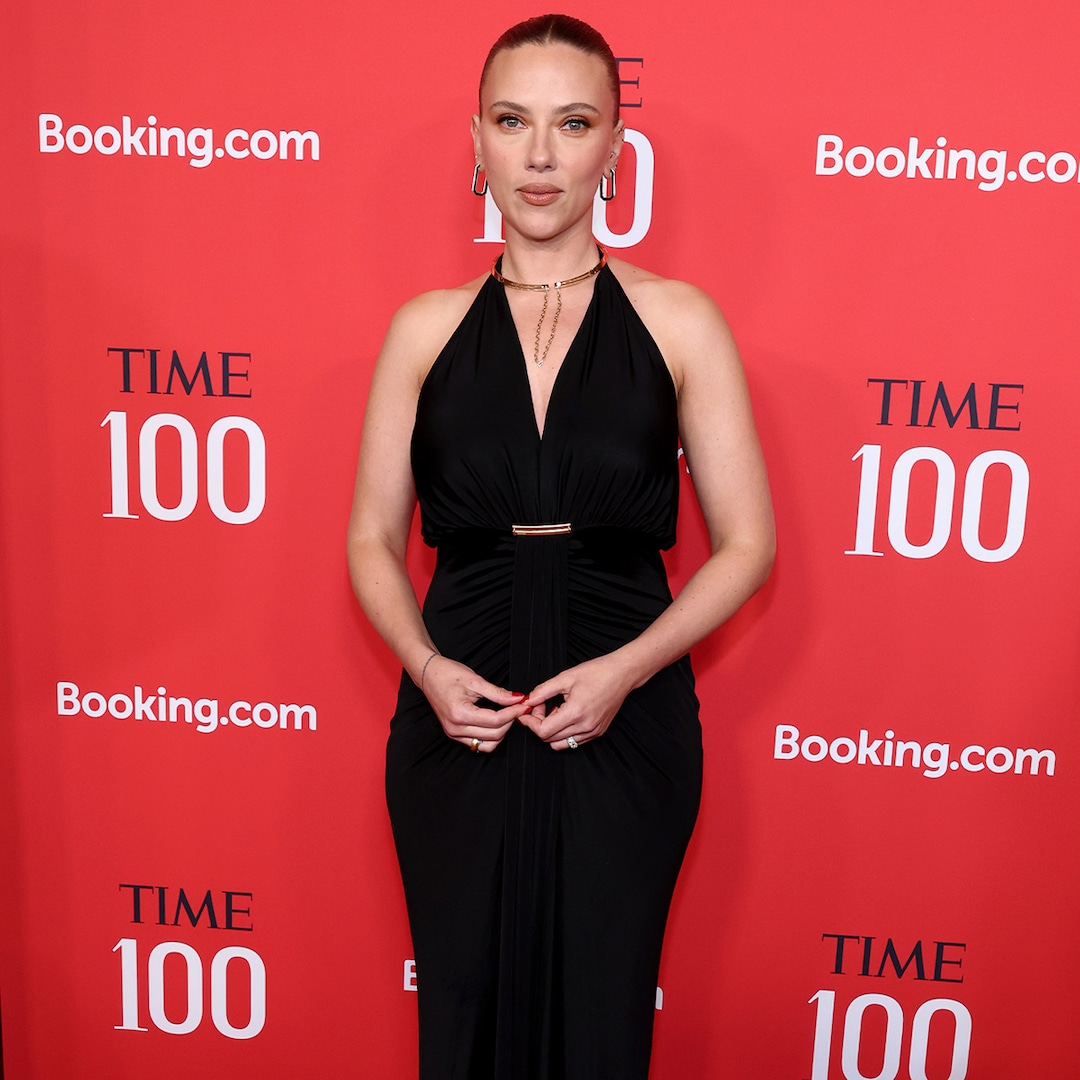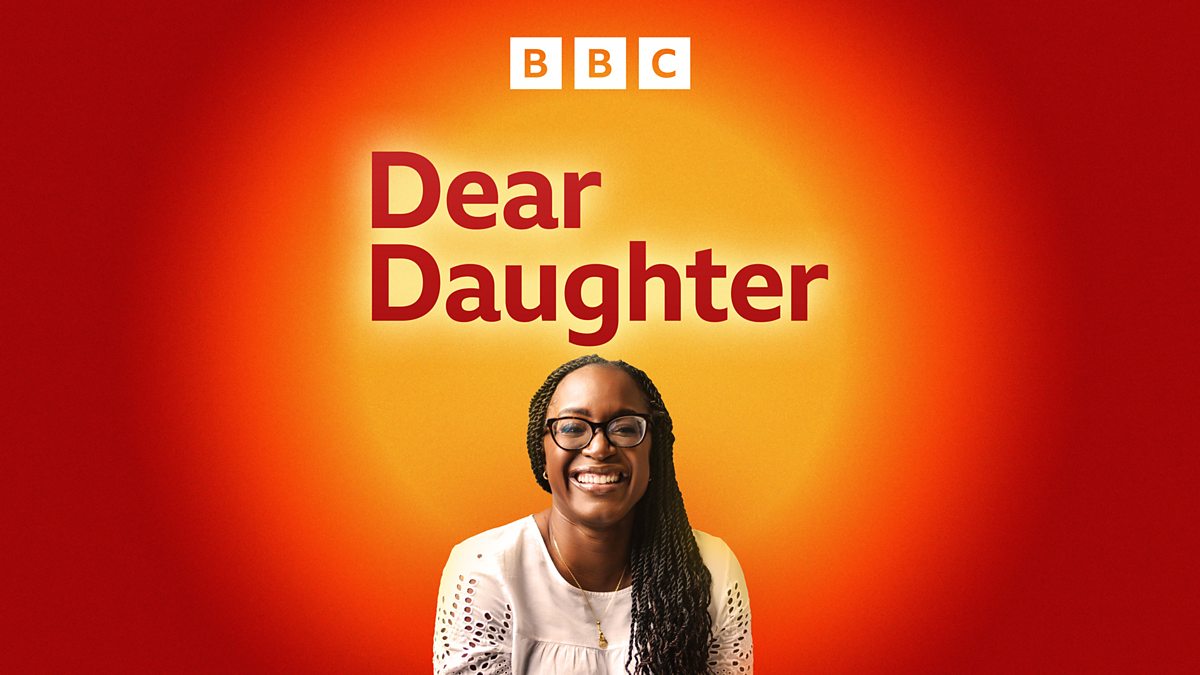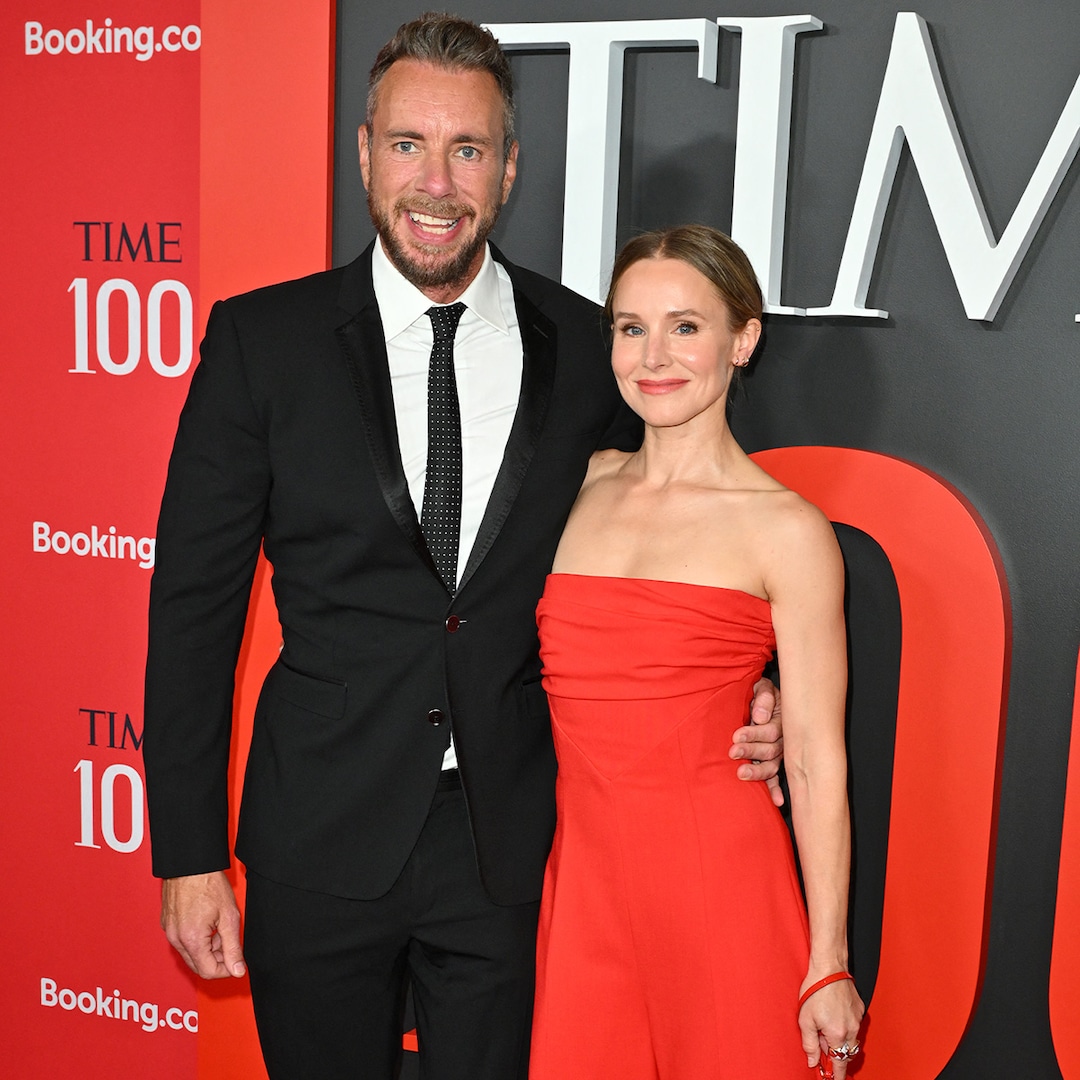Whose Story Is It Anyway? A Filmmaker Explores Her Parents' Past in Apocalypse Now

On the first day of filming, a dedicated crew set up in my parents home located in Long Beach, California. We were working on a short documentary focused on my parents experiences as refugees from the Vietnam War, who had been cast as background extras in the iconic film Apocalypse Now almost 50 years ago. Within the film, my parents portrayed a variety of roles, including translators, Viet Cong soldiers, drivers, and POWs. However, despite their significant involvement, they had no speaking parts and were primarily used to add authenticity to the film's depiction of the Vietnam War. Director Francis Ford Coppola made a conscious decision to hire Vietnamese extras to lend credibility to his work. This documentary aimed to shift the narrative lens, highlighting my parents' untold stories rather than allowing them to remain mere background characters in a drama that depicted their lived experiences.
As filming commenced, I had the opportunity to sit down and interview my mother. Our relationship has always been warm and uncomplicated, which made this segment of the project feel more comfortable than I anticipated. Even though we had to work around her busy schedule, the conversation flowed easily, reminiscent of countless discussions wed had over the years.
However, my feelings about interviewing my father were quite different. Our relationship had often been strained, marked by a clash of perspectives and generational differences. I am an outspoken writer born in the United States, while he embodies the traditional patriarchal values of his upbringing. After a particularly heated exchange where he had threatened to disown me for a third time, our communications dwindled to mere greetings. Despite these challenges, he agreed to participate in the project, though I was apprehensive about how the interview would unfold.
When he arrived home to find the camera crew and lighting equipment set up, his first reaction was one of confusion and reluctance. He proclaimed in Vietnamese, What is all this? I have nothing to say. My life isnt important. His dismissive response echoed a deeper sentiment of self-doubt that I knew was tied to the cultural context of his own experiences.
We understood that no video-documented, first-person accounts from extras of Apocalypse Now existed, which made our project even more crucial. We aimed to shed light on the stories of Vietnamese individuals who had been relegated to the margins by this film, emphasizing that my father's narrative mattered. But how could I effectively convey this to him?
Just as I was grappling with these thoughts, my mother walked in and intervened, framing the project as a simple school assignment. Although I chuckled at her choice of words, knowing it was far from a school project, it was her way of making this complicated concept more accessible to my father.
After reluctantly agreeing to proceed, my father changed out of his work attire and, to my surprise, his demeanor shifted when he met the crew. Though he often challenged family norms in private, he didnt want to appear difficult in front of a group of others. He introduced himself and played the role of a gracious host as we began filming.
Once the cameras were rolling, we initiated the interview by showing a scene from Apocalypse Now. As the film played, my parents narration was filled with a range of emotions, blending sadness with humor. Their recollections of the events from nearly fifty years ago were punctuated with laughter, resembling the lively conversations we typically enjoyed during family dinners.
On screen, two Vietnamese women were depicted firing machine guns into the air, prompting my father to reminisce, At that time, your mother wore clothes like a to which my mother promptly responded, ...Viet Cong, both of them laughing heartily. My father added, She was holding an AK-47, shooting up at US helicopters! My mother then quipped, I was so scared. I stuffed cotton into both of my ears. These shared memories and their playful banter felt like home, a reflection of the rich tapestry of their lives that I sought to portray.
As a writer, I have always felt the urgency to document my familys experiences, recognizing that the broader world often overlooks their voices. The absence of their narratives from the media and cultural representations felt painful, and I sought to bridge that gap through my art. However, navigating the boundaries of sharing my work with my parents, particularly with my father, was complicated. Our language barriermy fluency in English versus their Vietnamesemade communication challenging, and I often doubted whether they could fully grasp my artistic intentions as a poet, author, and filmmaker.
My parents had a vague understanding of my writing career. When I informed my mother of my pursuit of an MFA in poetry, she didnt initially grasp its significance until I explained how it could lead to a teaching position at the university level. On another occasion, when I showed my father a copy of Poets & Writers featuring a cover by Joan Didion, he remarked, Wow, that woman is so old! It became evident that my parents had their own perspectives on art and storytelling, and I often wondered if they truly appreciated the work I was doing.
As my writing began to gain public attention, I wrestled with the complexities of representing my familys stories while honoring their experiences. It raised profound questions about power dynamics, duty, and responsibility. Was I sharing their narratives out of love, or was I extracting their stories for my own artistic gain?
Once, after writing about my fathers volatile anger, he criticized my portrayal, arguing that I had a poetic tendency to exaggerate the truth. He challenged me, saying, You havent experienced war first-hand. Do you know what an explosion can do? While I did not know the reality of war, I understood the impact of his experiences through his stories and the silence that often surrounded them.
My father once told me, Youre my daughter. Your job is to look down and say yes. When I expressed my inability to accept that role, he declared, From here on out, youre not my daughter. This moment left an indelible mark on my heart, leading to years of painful estrangement.
Facing the loss of my fathers connection was incredibly challenging. I spent countless nights crying, feeling lost in a world where my fatherwho had been the subject of so much of my writingwould not speak to me. For the documentary, I also grappled with the reality that I no longer had access to one of my principal interview subjects. The project had been a way for me to gain clarity about myself and my family, and now I was unsure how to navigate our relationship.
In response, I began writing speculative poems, asking myself, Who are we to one another when we are no longer in each others lives? I adopted my father's voice in my poetry, attempting to understand him as a full individual rather than simply through the lens of our conflicts. These poems eventually became an integral part of my collection Becoming Ghost.
Bomb that tree line back about a hundred yards. Give me room to breathe.
a golden shovel
Daughter, I think you embellish what you dont know. A bomb
is nothing like a slammed door. That
is just your poetic imagination. Have you seen a tree
disappear into flames? Thats what a bomb can do. I taught you, line
by line, my own poetry. It was a song back
when I went hungry. Your grandmother died when I was about
to turn ten. I became an orphan then. I made sure that you never went without a
meal. I taught you to count to one hundred
in Vietnamese. You played in backyards,
on swing sets, bright shards of grass at your feet. I tried to give
you the safety I never had. And now, you tell me
that you are afraid of me? You lock yourself in your room
and write my story. Im here, waiting to
be acknowledged. Can you hear me breathe?
Over the years, I continued to write about my parents, using my art to bridge the divide between us. Despite the sadness that often enveloped our interactions, I felt empowered to share our intertwined narratives, acknowledging that I, too, had the right to tell our story. Eventually, my mother facilitated a fragile peace between my father and me, making family gatherings slightly less uncomfortable while still fraught with tension. We chose to avoid direct interaction, striving to prevent any potential conflicts.
When I met Chris Radcliff, who later became the director and editor of the film, my relationship with my father was still somewhat rigid. Chris suggested making a documentary about my parents' involvement in Apocalypse Now. While I was intrigued by the idea, I was also apprehensive about my fathers reactions.
At the dinner table one evening, I asked my father, Can I film you? Im doing a project about you and mom playing extras on the set of Apocalypse Now. Youd just tell your story. He responded with a shrug, Whatever you want. I felt a wave of relief wash over me.
After we completed filming and entered post-production, friends often asked about my parents opinions on the film. Their insistence that my parents must be so proud caught me off guard. Pride? That thought hadnt even crossed my mind as I hadnt considered sharing the finished film with them nor anticipated they would ever express pride in my work.
When an editor from USA Today requested I write a piece detailing our first viewing of the film together, I agreed, though with a sense of anxiety. On Christmas Day, we gathered as a family to exchange gifts and share a meal. I suggested screening the film, and we all settled into the living room to watch it together. While my brothers and oldest nephew were engaged and inquisitive, my parents remained silent. I recorded their reactions, eagerly anticipating their thoughts.
Once the credits rolled, my mother clapped her hands and declared, Okay, time for dinner! Neither of my parents commented on the film at that time. Instead, the family turned their attention to my mothers beautifully prepared Christmas turkey, stuffed with sticky rice and Chinese sausage. We took photos of her culinary achievement and lavished her with compliments throughout the meal. In that moment, it struck me that my mothers greatest artistry lay not merely in her cooking, but in her ability to create a sense of family.
Eventually, we screened the film, We Were the Scenery, at various festivals, allowing different audiences to partake in the experience of my parents sharing their stories. My brothers attended the films premiere at Sundance, joining us in celebrating our achievement as we won the short film award.
Despite these successes, that evening lingered in my mind as a bittersweet reminder of my parents lack of response. I had crafted the film to honor them, perhaps even to salvage their narratives from obscurity. Yet, I realized that my parents did not require saving; their lives were rich with their own stories. For them, storytelling served as a vessel for their children to understand their identities and heritage. Their participation in my interviews stemmed from love, a mutual desire to connect. However, our storytelling carried distinct priorities and intentions. Ultimately, I came to understand that I made the film for my own sake and for individuals like methose who recognized the significance of this story in a world where it had been marginalized.
The impact of the film on my parents was muted because they already lived full, narrative-rich lives. As we shared a meal that evening, I witnessed that my parents didnt resonate with my sense of erasure. They were the protagonists of their own stories, and I had merely sought to translate them for an audience beyond our familial confines.
















